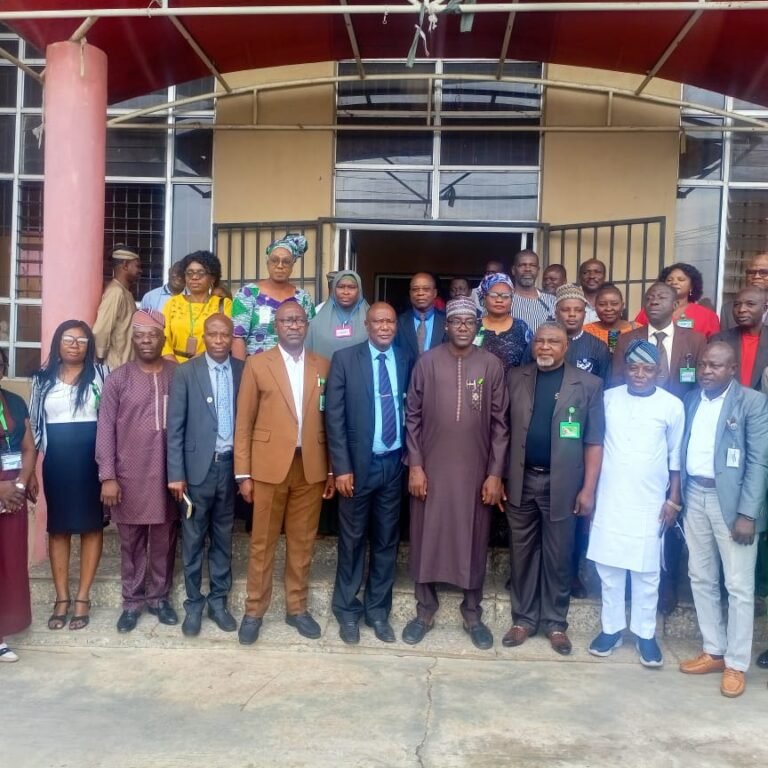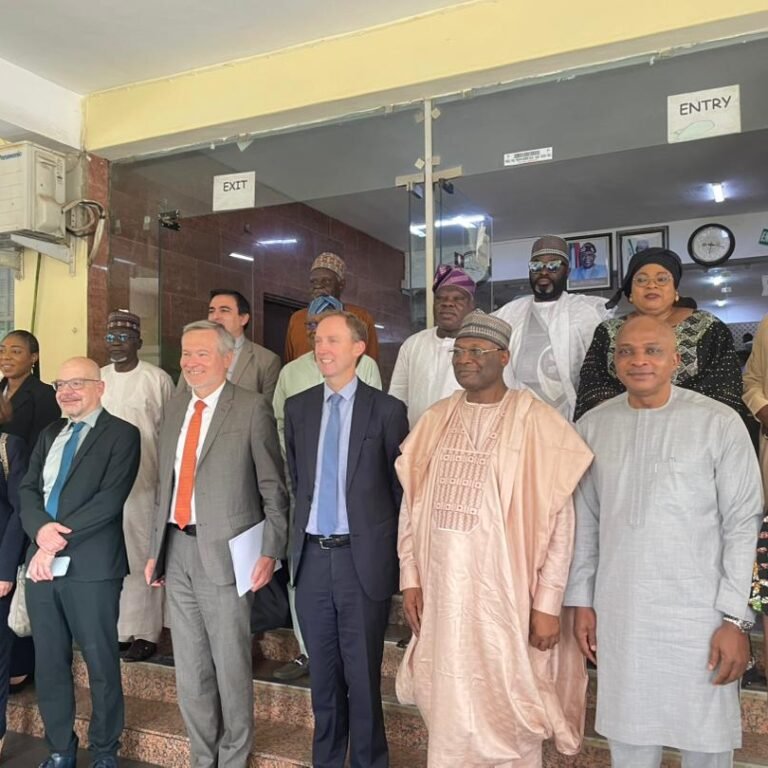
By Ameh Gabriel
The Federal Ministry of Education, led by Minister Dr. Maruf Olatunji Alausa, has reaffirmed its commitment to transforming Nigeria’s education sector at a recent Citizens and Stakeholders Engagement Forum. The event, which drew broad participation, focused on unveiling strategic priorities, rolling out key initiatives, and tackling persistent challenges, particularly the crisis of out-of-school children.
This was contained in a statement signed by Kabiru Haruna (AD Press, FME)
According to the statement, Dr. Alausa outlined six key priority areas, including reducing the number of out-of-school girls, strengthening quality assurance, and expanding access through national programs. The Nigeria Education Sector Renewal Initiative (NESRI) is central to these efforts, a comprehensive blueprint designed to shift Nigeria from a resource-based economy to a knowledge-driven one. NESRI’s focus spans literacy improvement, data digitization, and curriculum reform.
The forum highlighted recent milestones such as the inauguration of 10 governing councils, the licensing of 11 new private universities, and the launch of digital platforms to strengthen quality assurance. A standout initiative, the LUMINAH Girls’ Dual Initiative, aims to help one million girls complete basic education by 2030 across 12 pilot states. Additionally, the AGILE project, initially implemented in 18 states, has expanded to 11 more.
Dr. Alausa expressed alarm over the estimated 15 million out-of-school children and the 45 million classified as learning poor. To address this, 25,000 children have been enrolled in formal education under NESRI, while 4,000 Tsangaya teachers have been trained to support inclusive learning.
The ministry is also ramping up efforts in technical and vocational education. Collaborations with local and international partners are boosting Technical and Vocational Education and Training (TVET) and STEM programs. Notably, enrolment in health-related courses has surged from 28,000 to 115,000, with 18 institutions earmarked for high-impact development.
On the digital front, over 202,000 students have benefited from the education data repositioning initiative, aimed at reducing reliance on foreign statistics. Meanwhile, 3,198 teachers have been trained via an online digital quality assurance program, alongside the rollout of a revised primary school curriculum and a new teacher development framework.
The forum also saw the launch of the National Policy on Anti-Bullying in Schools, with the Minister of State for Education, Professor Suwaiba Sa’id Ahmad, inaugurating the Anti-Bullying Committee. The committee, which includes key figures such as Hajia Binta Abdulkadir and Mrs. Boriowo Folasade, will drive nationwide efforts to curb school bullying.
In her opening remarks, Prof. Ahmad underscored the importance of citizen engagement and collective responsibility in revitalizing Nigeria’s education sector. She called for stronger community involvement and sustained public awareness campaigns to combat school violence and promote inclusive learning.
Permanent Secretary Mr. Abel Olumiyiwa Enitan applauded the dedication of the two Ministers and reaffirmed the government’s commitment to delivering on its educational reform agenda. The forum concluded with a lively interactive session, where stakeholders raised critical issues, including the proposed shift to Computer-Based Testing (CBT) for all exams and migration concerns raised by the Academic Staff Union of Universities (ASUU) chairman.
Overall, the engagement underscored a renewed momentum toward achieving educational equity, inclusion, and excellence across Nigeria.








